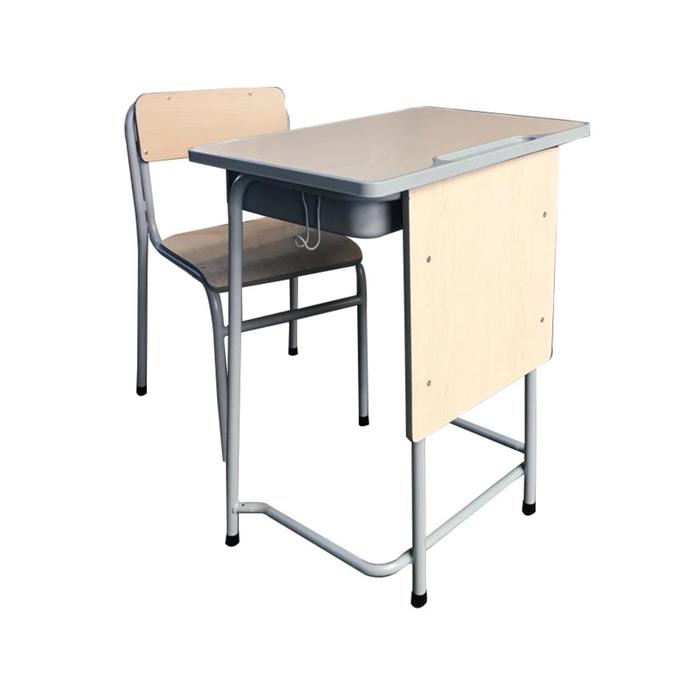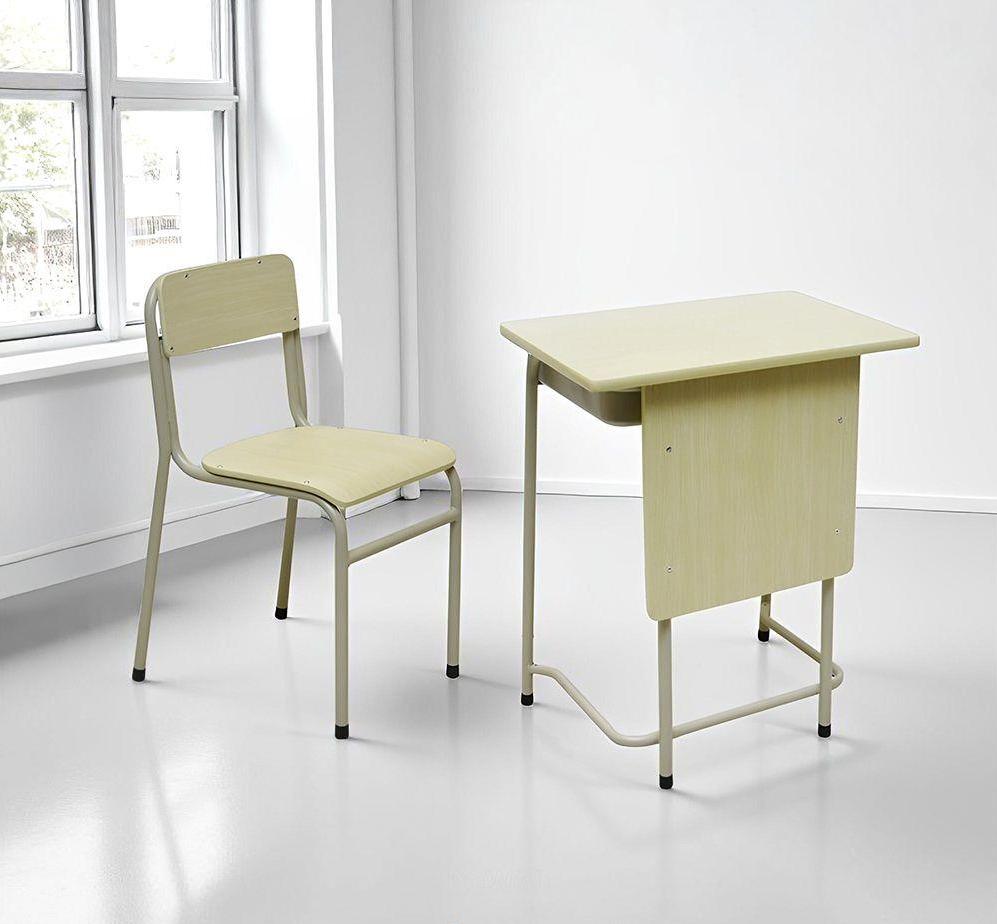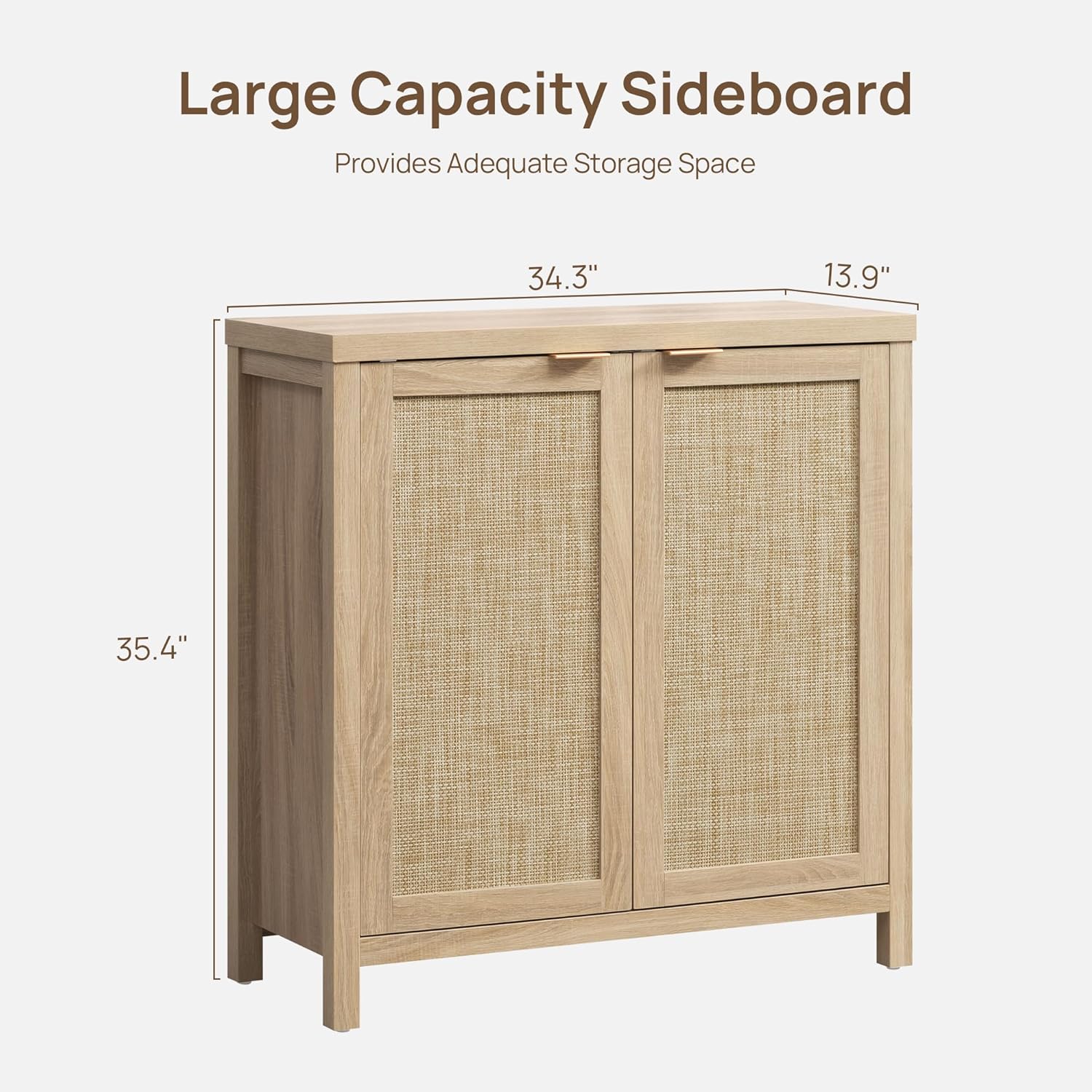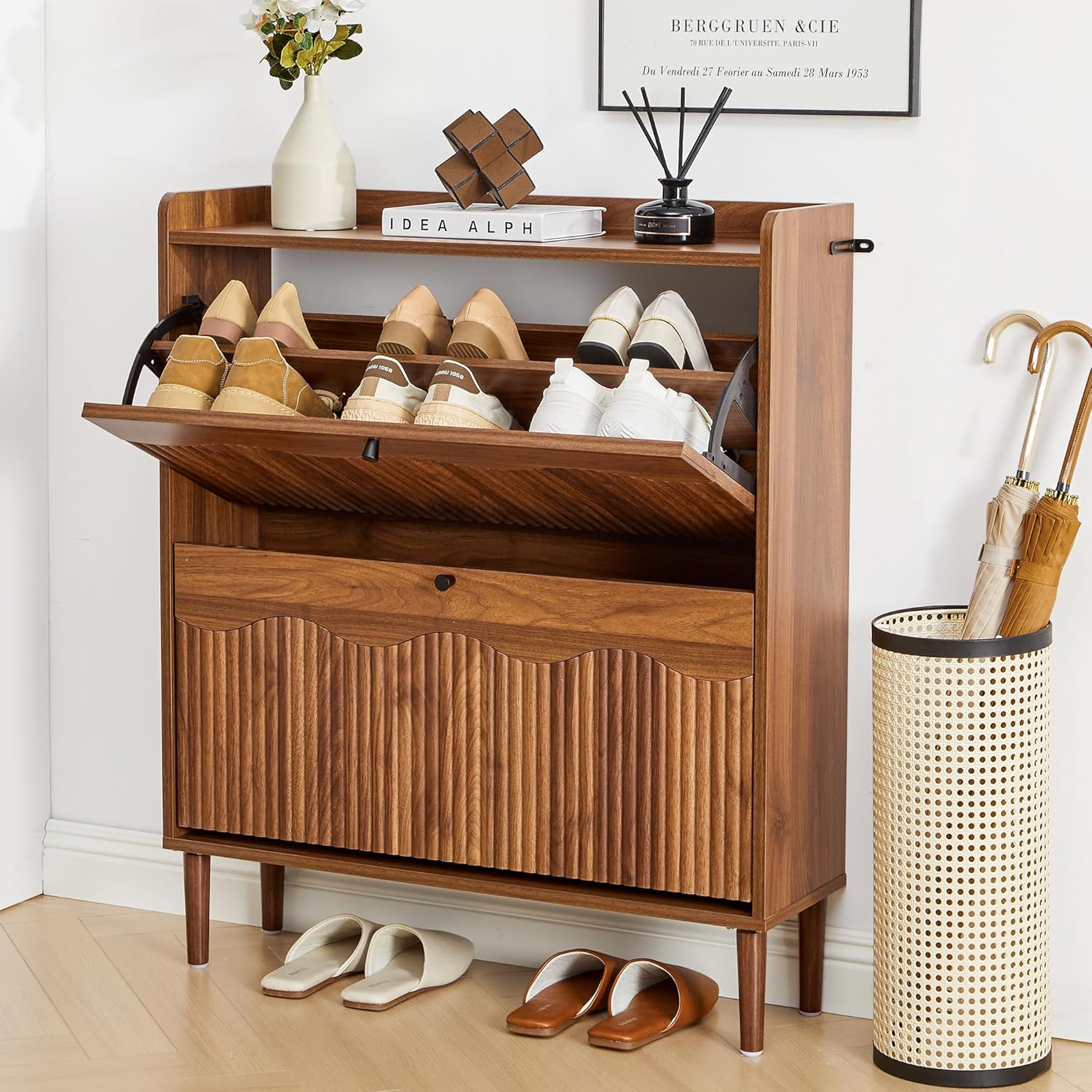When it comes to investing in furniture, buyers—whether wholesalers, retailers, or e-commerce sellers—understand that the long-term value of each piece depends not only on quality manufacturing but also on proper care. Well-maintained furniture lasts longer, retains its aesthetic appeal, and reduces after-sales issues. For bulk buyers and online sellers, knowing how to educate end-users about furniture maintenance can also reduce returns and increase customer satisfaction.
1. Regular Cleaning Matters
Dust, dirt, and daily wear are unavoidable. For steel-wood furniture such as storage racks, coffee tables, or sideboards, regular cleaning with a soft cloth is recommended. Avoid using harsh chemicals that may damage protective coatings. Instead, opt for mild soap and water, followed by drying with a microfiber cloth. Proper cleaning prevents scratches and prolongs surface shine.
2. Protect from Moisture and Heat
Moisture is one of the biggest threats to furniture longevity. Steel frames may rust over time if exposed to damp conditions, while wood components can swell, warp, or discolor. Similarly, direct exposure to heat sources such as radiators or direct sunlight can lead to fading and cracks. Buyers should advise end-users to position furniture away from extreme conditions to maintain both structure and appearance.
3. Use Protective Accessories
Encouraging customers to use coasters, placemats, and protective pads can reduce scratches and stains. For storage racks or desks, adding rubber feet helps protect both the product and the flooring. This simple habit can extend product lifespan and minimize maintenance issues.
4. Tighten and Inspect Hardware
For knock-down furniture or modular steel-wood pieces, periodic hardware checks are essential. Screws, bolts, and connectors may loosen over time due to regular use. Re-tightening them ensures stability and prevents long-term structural damage. Wholesalers can add value by providing maintenance kits or clear instructions for end-users.
5. Choose the Right Cleaning Products
Different surfaces require different cleaning solutions. Wood veneer, melamine, and powder-coated steel should not be treated with abrasive cleaners. Instead, specialized wood or multi-surface cleaners are recommended. Sellers who provide maintenance instructions can differentiate themselves by reducing the risk of misuse by end-users.
6. Educate Customers for Better Loyalty
E-commerce sellers and distributors can turn maintenance tips into a customer loyalty strategy. Including a short care guide with each purchase not only improves customer experience but also positions your brand as professional and responsible. This small effort often reduces complaints, boosts reviews, and helps strengthen repeat orders.
Furniture is a long-term investment. By sharing practical maintenance tips, buyers and sellers alike can reduce after-sales issues, increase customer satisfaction, and ensure that every product maintains its value. For bulk buyers, offering customized maintenance leaflets or digital care instructions can serve as a strong competitive advantage in today’s furniture market.





